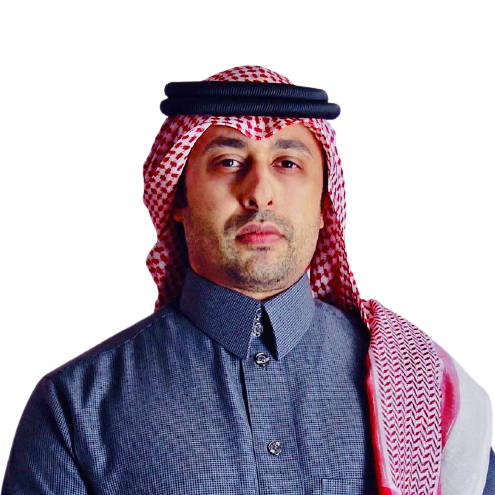Hesham Alghannam
Experts
Hesham Alghannam

Nonresident Scholar, Malcolm H. Kerr Carnegie Middle East Center
About
Hesham Alghannam is a nonresident scholar at the Malcolm H. Kerr Carnegie Middle East Center. His research focuses on policy and strategy in Saudi Arabia and abroad, fieldwork in conflict zones, ballistic missiles, the political economy of the Gulf Cooperation Council (GCC) states, social movements, the Arab uprisings, political Islam, war strategies and crisis management, Iran’s nuclear program, the Treaty on the Non-Proliferation of Nuclear Weapons, radicalization, and the conflict between the GCC states and Iran. He is the director general of the Strategic Studies and National Security Programs at Naif Arab University for Security Sciences. He has also worked with the Middlebury Institute of International Studies at Monterey, the King Faisal Center for Research and Islamic Studies, and the Gulf Research Centre. He holds a Ph.D. from the University of Exeter.
Areas of Expertise
Education
Ph.D., University of Exeter
Languages
English, Arabic